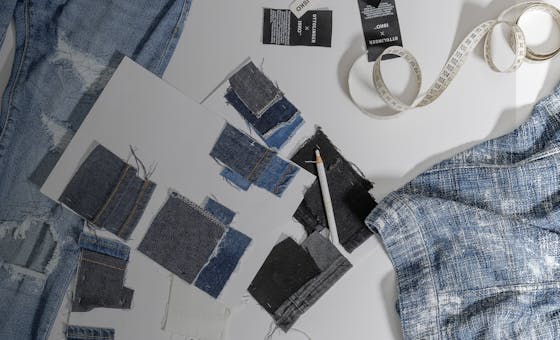Empowering the consumer: can purchasing fashion actually accelerate sustainability?
Most companies today are either practicing, planning for, or at least aware of the importance of sustainability as a business strategy. But is the right message getting passed on to consumers?
With a focus on fashion, ISKO worked with a third-party market research company to survey over 3000 individuals in six major denim markets. Our research shows a gap between corporate strategies and consumer knowledge. What can companies do to make sustainability easy and understandable for consumers? The answer: clear and consistent communication.
We asked our survey respondents to rank a list of fibres and pick the three most sustainable. Plant-derived fibres, such as cotton and hemp, were considered more sustainable than man-made fibres, including recycled polyester. When asked which type of cotton was most sustainable, our respondents were split between recycled cotton (34%) and organic (31%), while 28% didn’t know. How can consumers choose for sustainability when the impact of their purchases is so unclear?
Despite the perception that “natural” is sustainable, producing recycled fibres of any origin has a significantly greater impact on sustainability than growing virgin, resource-dependent crops.
Recycling keeps waste out of landfills and creates a second generation of value. When certified with third party-accredited, safe manufacturing practices — such as bluesign® approval in the textile industry — fibre production is also guaranteed to use non-toxic chemistry. Operating in regions with abundant renewable energy sources further optimises production and produces low carbon emissions. The benefit of recycling is the first thing that consumers need to understand about fashion sustainability.
We also asked our survey respondents if their decision to purchase a pair of jeans could be influenced by noticing it was sustainably made, and 73% said that it could. An overwhelming majority of respondents said they either always (27%) or sometimes (47%) read product labels and 69% said that fabric composition was either important (42%) or very important (27%) to them. Therefore, understanding what qualifies as sustainable is critical.
Purchasing fashion made from recycled fibres is only one step towards achieving sustainability, but it’s the most immediate action that consumers can take today. Information is power, and it’s our responsibility as companies to deliver transparent information to our customers and bring them along with us on the journey.
THANK YOU
Thanks for signing up to the ISKO™ newsletter. To start receiving the latest news and stories, please check your inbox for a confirmation email.

